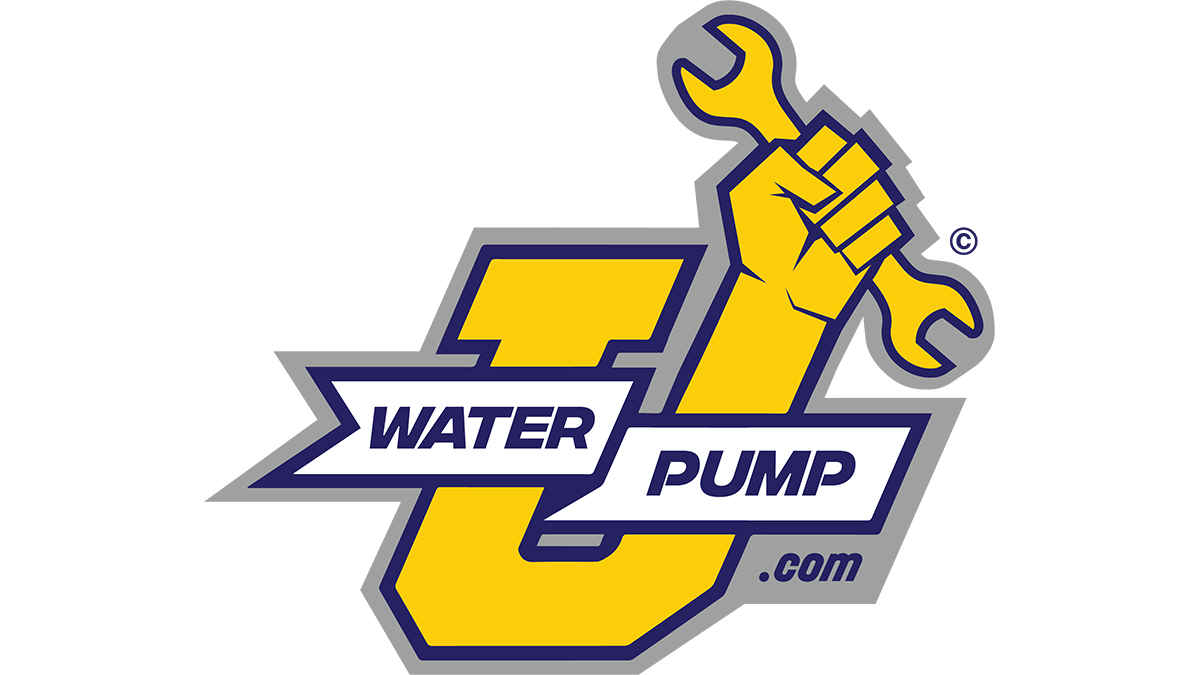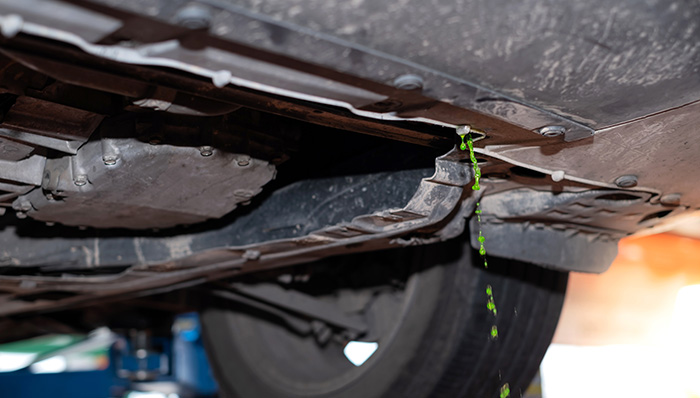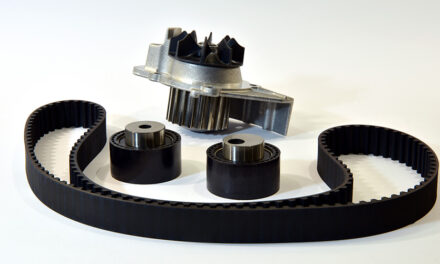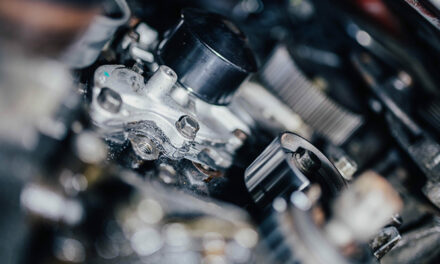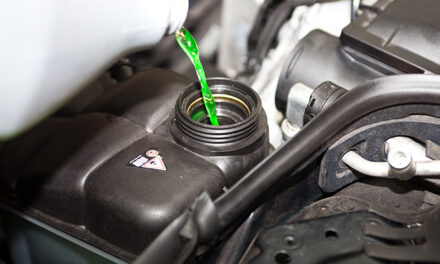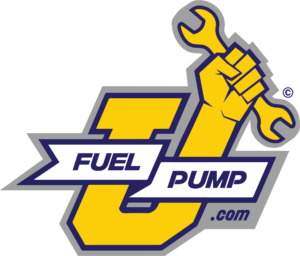With the summer days knocking at the door, you need to be sure that your engine’s cooling system is functioning perfectly. An automobile’s engine needs to have a consistent flow of coolant that will be supplied from the radiator throughout the engine. That job is done by the water pump. If the water pump is working correctly the engine will avoid getting excessively hot. In such conditions, the vehicle’s engine will run smoothly and there will be no hindrances while you travel. Conversely, when the water pump fails the engine gets overheated which may even lead to complete engine failure.
Therefore, the water pump plays a crucial role in the engine’s cooling system. You need to inspect it regularly to confirm if it is working perfectly. These preventive checks will help nip the issues in the bud.
There are various signs that accurately help diagnose if your vehicle’s water pump needs replacement.
Look at the temperature gauge
Located on the dashboard, the temperature gauge will display if the car’s engine is hot. The temperature gauge then will be rising into the red zone. If the usage is normal and still the car or truck’s engine is getting excessively hot, immediately turn off the engine and leave it off until the engine cools down to prevent major damage to your vehicle’s engine. This situation is a strong signal of a failing water pump.
Steam from the radiator
Steam may emit from the front side of the vehicle while you are driving or stopping. This is another sign of an overheated engine. When the water pump fails, the water circulation in the radiator does not happen and hence the hot liquid coming from the engine cannot cool down. As a result, the water in the radiator heats up and it is released as steam from the motor’s front area. Driving with an overheated engine for a long time can severely damage the engine.
Noises from the engine compartment
You may hear a strange noise coming from the engine compartment. Usually, this sound is created by a loose belt that makes noise while circulating. The belt becomes loose when the bearings that operate the water pump assembly wear out. You need to replace the pump if the bearing inside the water pump assembly fails. Get your car or truck inspected by a mechanic if you hear any loud sound coming from the front of the engine and the volume increases as you accelerate.
Check for leaks
Your car or truck will typically start leaking coolant even before you notice the engine overheating. When the vehicle is standing for a long time you will see drips or puddles of coolant underneath it. The color of the coolant may vary, but coolant leaks are sweet-smelling. This helps in associating the leaks with the coolant.
The water pump and the cooling system have multiple seals and gaskets that keep the coolant from leaking and facilitate the constant flow from the radiator to the engine and back. However, with time there is a tendency for the gaskets and seals to wear out or get damaged. This causes coolant leaks. You should contact a mechanic as soon as you notice such dripping. In most situations, leakage can be repaired before it gets worse and causes a more expensive repair.
Observe the air temperature from the heater
In addition to cooling the engine, coolant also assists the heater to blow hot air. When the pump is not working, one of the first differences you will notice is that the heater will blow cool air instead of hot when turned on. If the coolant is not circulating or there is not enough coolant, the heater cannot do its job properly.
When you notice any of these warning signs, get your car or truck inspected by a good mechanic as soon as possible. The mechanic will tell you whether a repair or complete replacement of the water pump is required.
